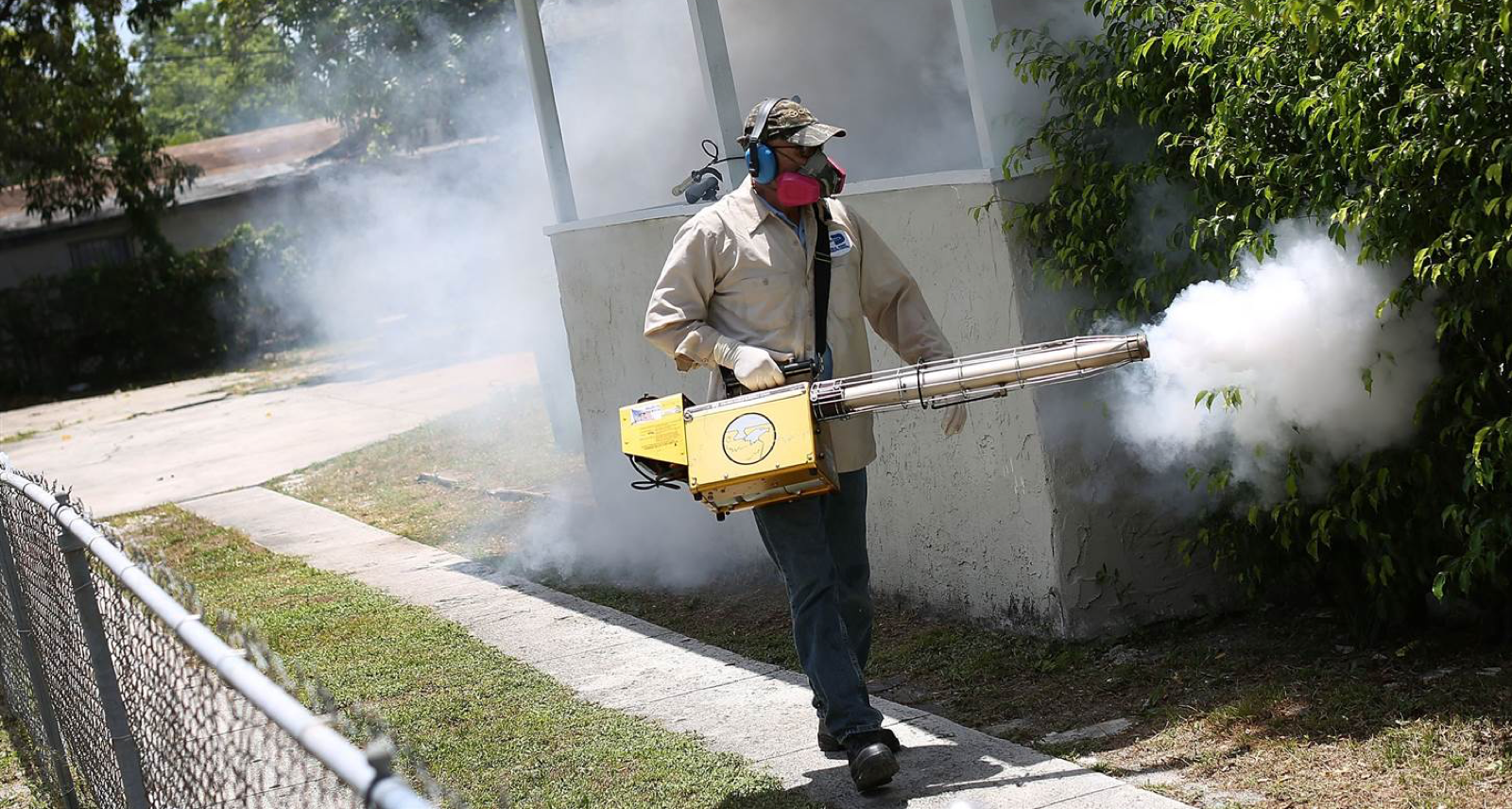Pregnant? Don’t Go To Miami, CDC Warns: Here’s What We’re Reading
The Daily 5 is Sharp’s essential reading list for what’s happening in the world today. Make sure to follow us on Twitter or subscribe to the Sharp Insider newsletter to stay up to date.
Here’s what we’re reading today.
1. Zika spreads through Florida
“Federal health authorities suggested Friday that pregnant women and their partners consider postponing travel to all of Miami-Dade County after Florida identified a second zone of local Zika transmission, a swath of Miami Beach that includes the popular tourist magnet of South Beach.”
+1: Zika may cause brain damage in adults too.
2. Uber begins its endgame: Getting rid of humans
“Real life robotaxis are coming sooner than we would have ever thought possible: Uber announced Thursday that its automated cars are going to begin shuttling passengers around Pittsburgh by the end of the month. Let that sink in: The age of the hirable robotaxi for the masses will begin within the next twelve (12) calendar days.”
3. Why do we suddenly care the welfare of chickens?
“Not so long ago, the abuse of chickens barely registered as a worthy target for animal-welfare campaigns. The suffering of cats and dogs seemed more pressing and more tractable, as did the mistreatment of simians in research labs, elephants in circus acts, and the use of furry animals for making clothing and cosmetics. But in the past 15 years or so, the welfare groups have begun to dabble in a novel way of thinking—one that claims to favor level-headed calculations over passion-fueled outrage. Forget the cats, these number-crunchers said. Save the poultry.”
4. You won’t believe how close we are to ending blindness
“Thanks to medical advances and expanding treatment, it’s no longer just a dream.”
5. Communism lost the Cold War, but it’s still winning the Olympics
“During the Cold War, nations used the Olympics to compare rival political models. In democratic societies, athletic talent tends to bubble up through grassroots sports schools or clubs, while in centrally-planned states, young athletes were hand-picked from their homes at a tender age to train full-time in state-led sports programs and boarding schools. Today the Soviet bloc may have dissolved, but its centrally-planned approach to sports endures.”










